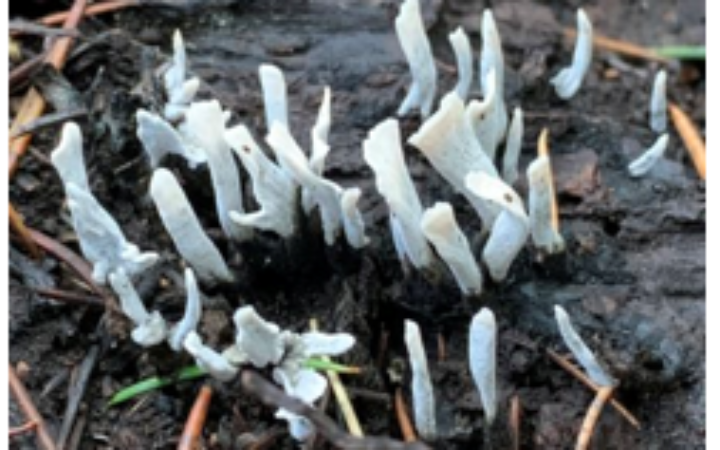
Posted on
The University of Saint Joseph of Beirut and the American University of Beirut, partners of the project EduBioMed, are conducting a joint research for an inventory of wild mushrooms in the two lebanese Biosphere Reserves of Jabal Moussa and Shouf.
Mushrooms play an important role in the environment. Most of them are natural recyclers (saprophytes). They decompose dead organic matter and recycle essential nutrients back into the soil, making them available to new plants. Others aid the growth of their plant or tree partners (mycorrhizal). Few are parasitic on living hosts. Mushroom populations can also be used as bio-indicators of climate change. Mushrooms are understudied in Lebanon in comparison to other living organisms. Identifying and understanding wild mushrooms and their importance in the environment are the first steps towards their conservation.
Nadine Modad, Mycologist from the American University of Beirut – co-coordinator of the fieldwork in Jabal Moussa
The research is being carried out in the framework of the project Edu-BioMed as part of the promotion of the case studies research and of the Mobility activities. The Universities involved have, in fact, identified this common subject of interest and are carrying out this inventory work on existing wild mushrooms in the two Biosphere reserves, for a period of one year. The findings of the research teams will be collected in a common database.
The methodology of the work in the Shouf BR, in the 3 cedar forest Maasser El Shouf, Barouk and Aïn Zhalta, is coordinated by Rana El Zein, from the Saint Joseph University of Beirut.
The methodology of the work in Jabal Moussa is coordinated by Nadine Modad, from the American University of Beirut, and by Romy Azar, from the Saint Joseph University of Beirut.
The research started by the establishment of an adapted mushroom sampling protocol with Dr. Rana El Zein. After that, the fieldwork started at Jabal Moussa Biosphere Reserve at the end of November for a total of 7 days to cover different areas of the Biosphere with different bioclimatic conditions. The fieldwork consisted of mushroom spotting inside the reserve, taking detailed pictures of the mushroom specimens, and sampling them for DNA barcoding & proper molecular identification. The DNA barcoding will be done at the laboratory held at the faculty of Sciences at USJ which is under the direction of professor Magda Bou Dagher Kharrat.
Romy Azar, Researcher at Saint Joseph University – co-coordinator of the fieldwork in Jabal Moussa
The field visits started in November 2020 and continued until January 2021. As many visits as possible were made to cover the macrofungi fruiting period during the autumn season. These will also be followed by Spring season visits. The number of visits is dependent on the current restrictions imposed by the COVID-19 pandemic. The aim will also be to cover as many trails and ecosystems in the reserve as possible.
Up to now the field visits in both the BRs have allowed for the collection of more than 100 taxa. The specimens found were documented with GPS coordinates, detailed pictures, description of the specimens and field observations. Sampling for DNA barcoding was also done at the laboratory (for the Saint Joseph team only).
Small & humid valleys in the depth of each forest stand characterized by an abundance of woody debris were the most fertile grounds for saprophytic fungi i.e. decomposing dead wood (especially cup fungi / Ascomycota). Many species were growing under the cedar trees and among their litter, and some others grew on the trees among moss plants covering tree trunks and branches, while other opportunistic species sprouted on the trunk of old and fragile trees. Some species, like puffballs, were particularly abundant in open fields and grasslands within the cedar forest. The lower parts of the cedar forest, marking the transition between the mountainous Mediterranean (cedar forest) and the supramediterranean (mixed oak forest) bioclimatic zones were marked by different species than those that were frequently documented within the cedar forest.
Rana El Zein, part-time lecturer and researcher at the Faculty of Science of Saint Joseph University – coordinator of the fieldwork in Shouf Biosphere Reserve
Data produced from the field inventory, molecular and spore analysis will feed the first online database for fungi in Lebanon, and will be used to produce a field guide of wild mushroom species growing in the two reserves.
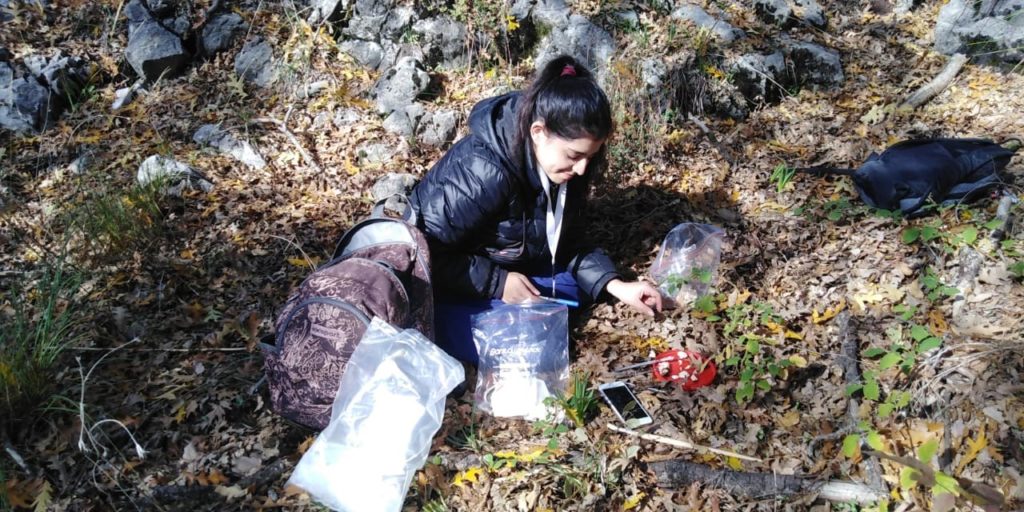
Romy Azar and her team in Jabal Moussa Biosphere Reserve 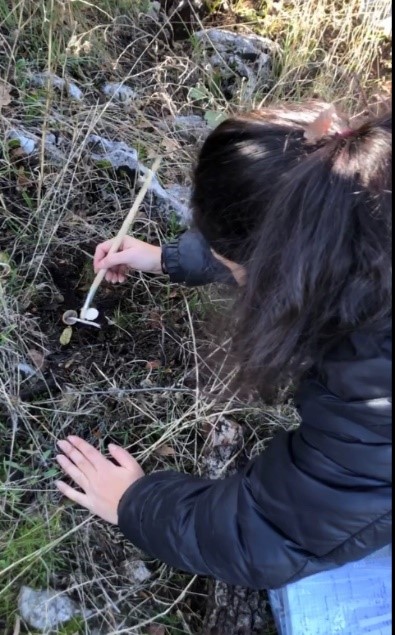
Romy Azar and her team in Jabal Moussa Biosphere Reserve 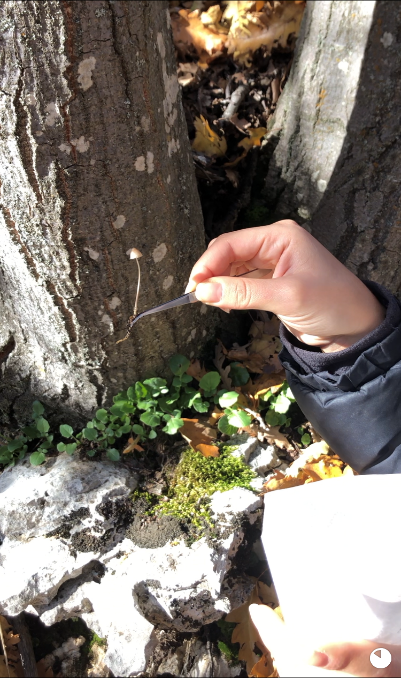
Romy Azar and her team in Jabal Moussa Biosphere Reserve 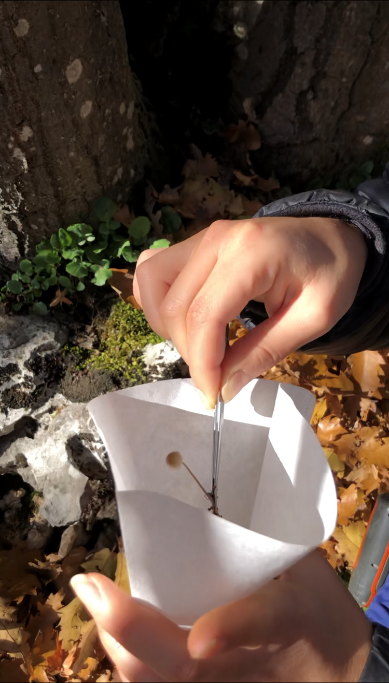
Romy Azar and her team in Jabal Moussa Biosphere Reserve 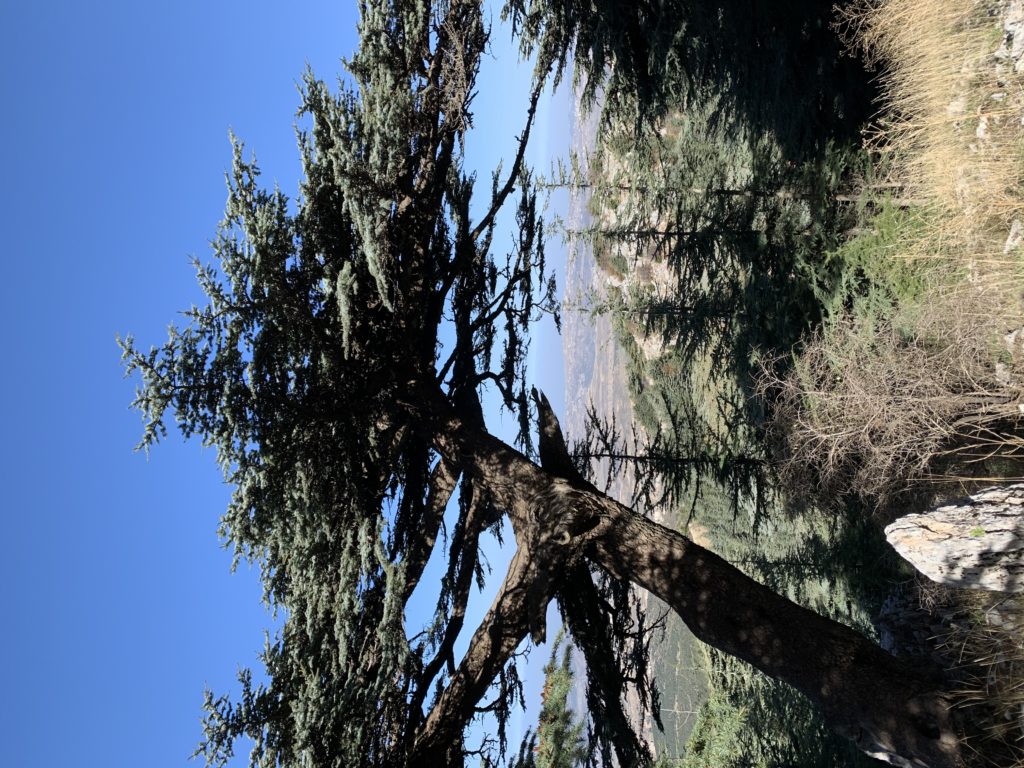
Rana El Zein and her team in Shouf Biosphere Reserve 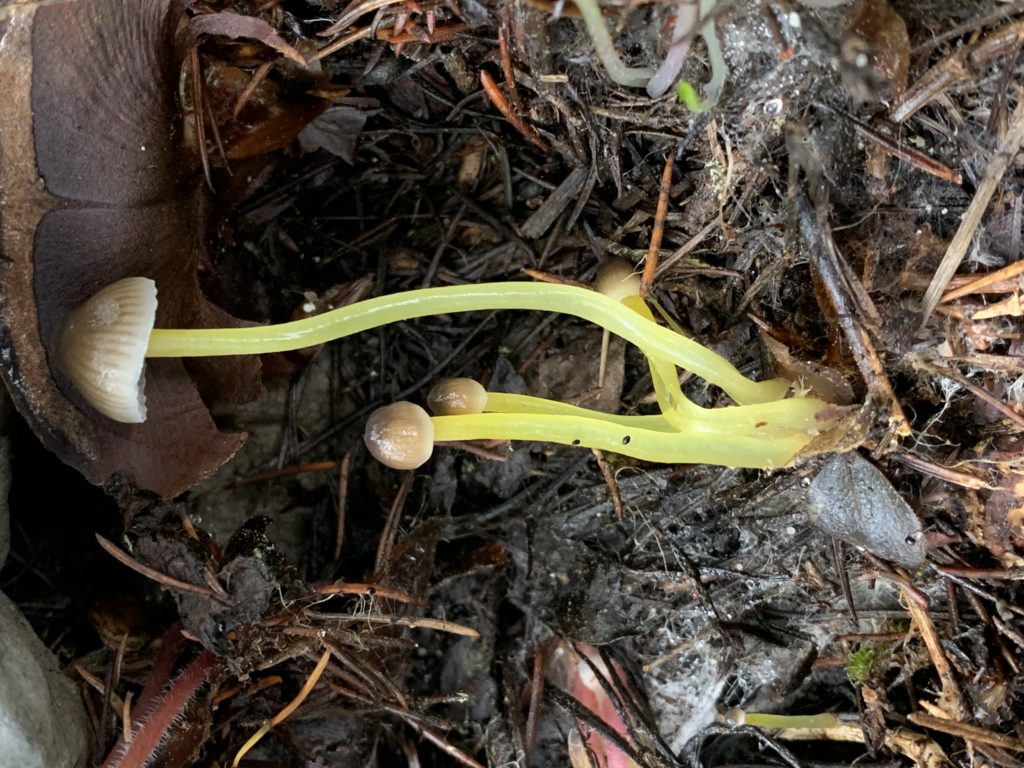
Rana El Zein and her team in Shouf Biosphere Reserve 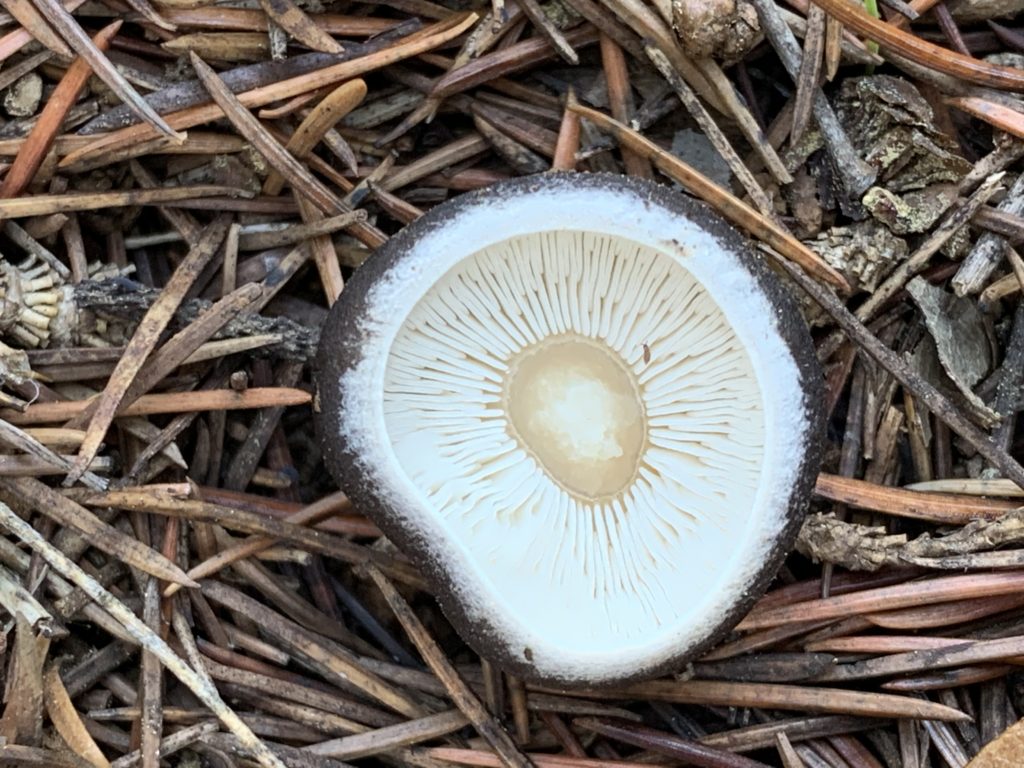
Rana El Zein and her team in Shouf Biosphere Reserve 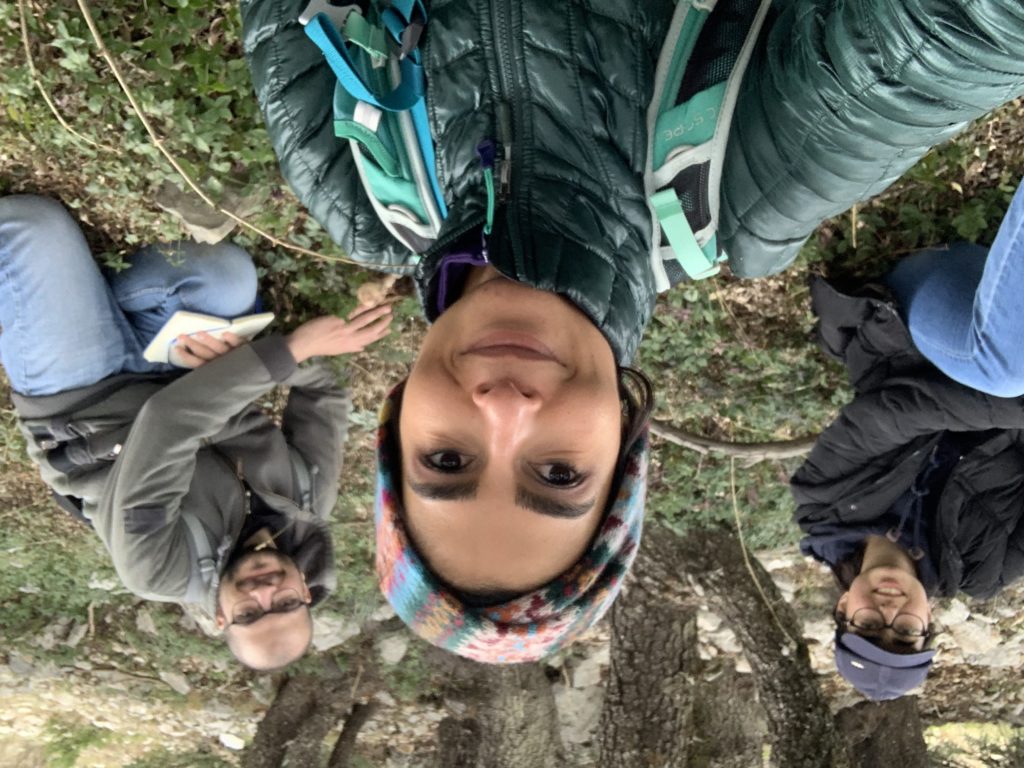
Rana El Zein and her team in Shouf Biosphere Reserve 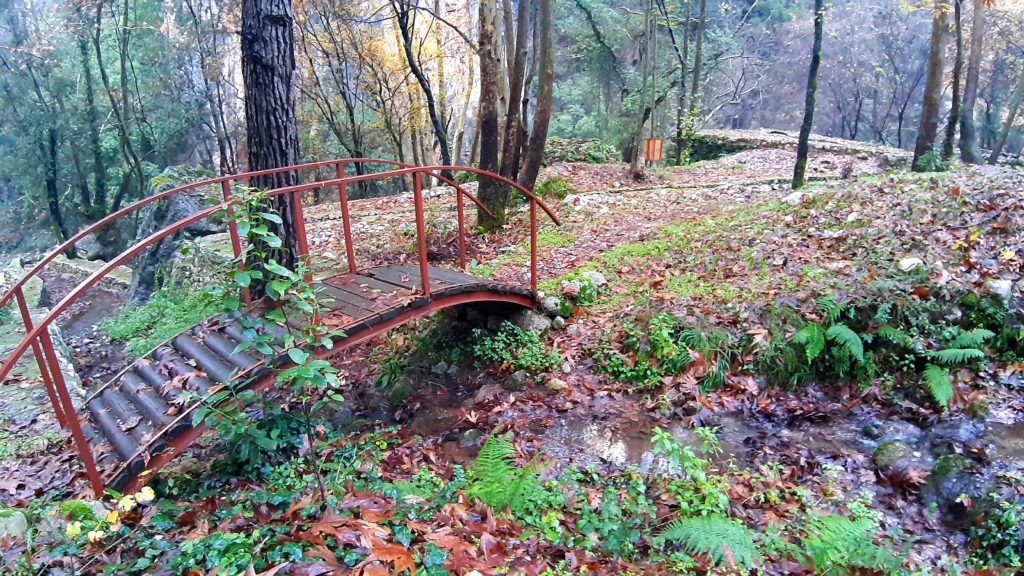
Jabal Moussa Biosphere Reserve Cultural Trail entrance 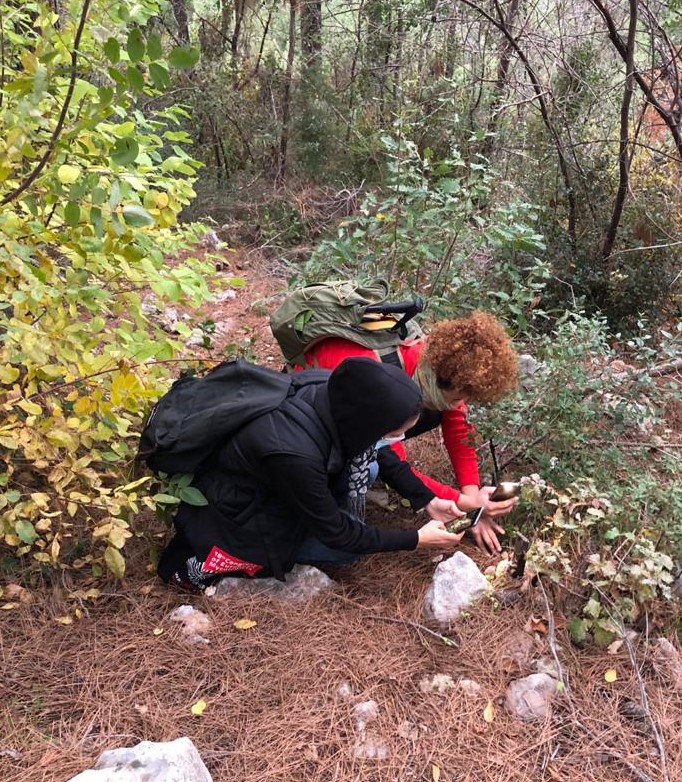
Nadine Modad and Jabal Moussa Biosphere Reserve Guide 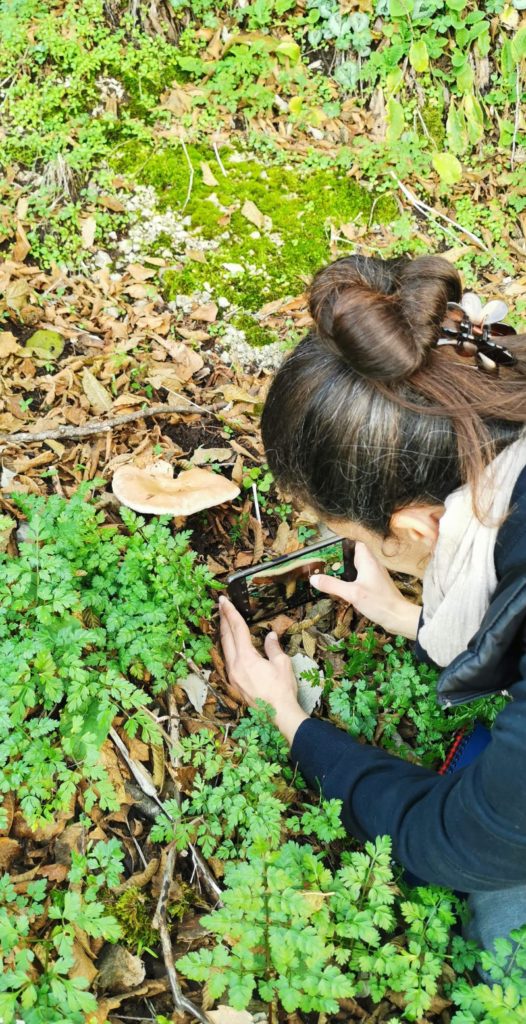
Nadine Modad in Jabal Moussa Biosphere Reserve 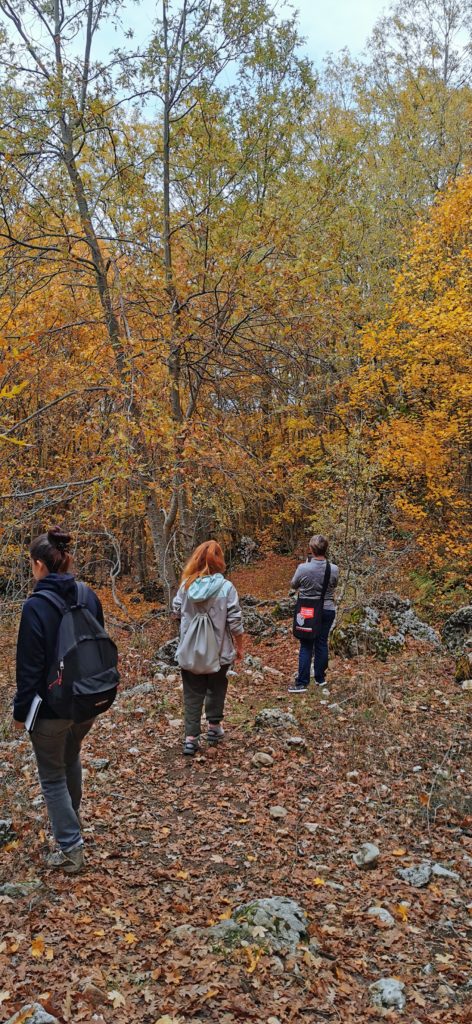
Nadine Modad and her colleagues in Jabal Moussa Biosphere Reserve
The photos in the cover and in the gallery are kindly shared by the research team.



